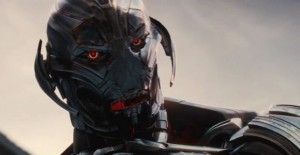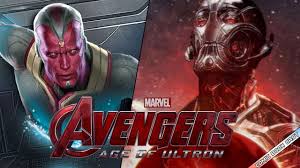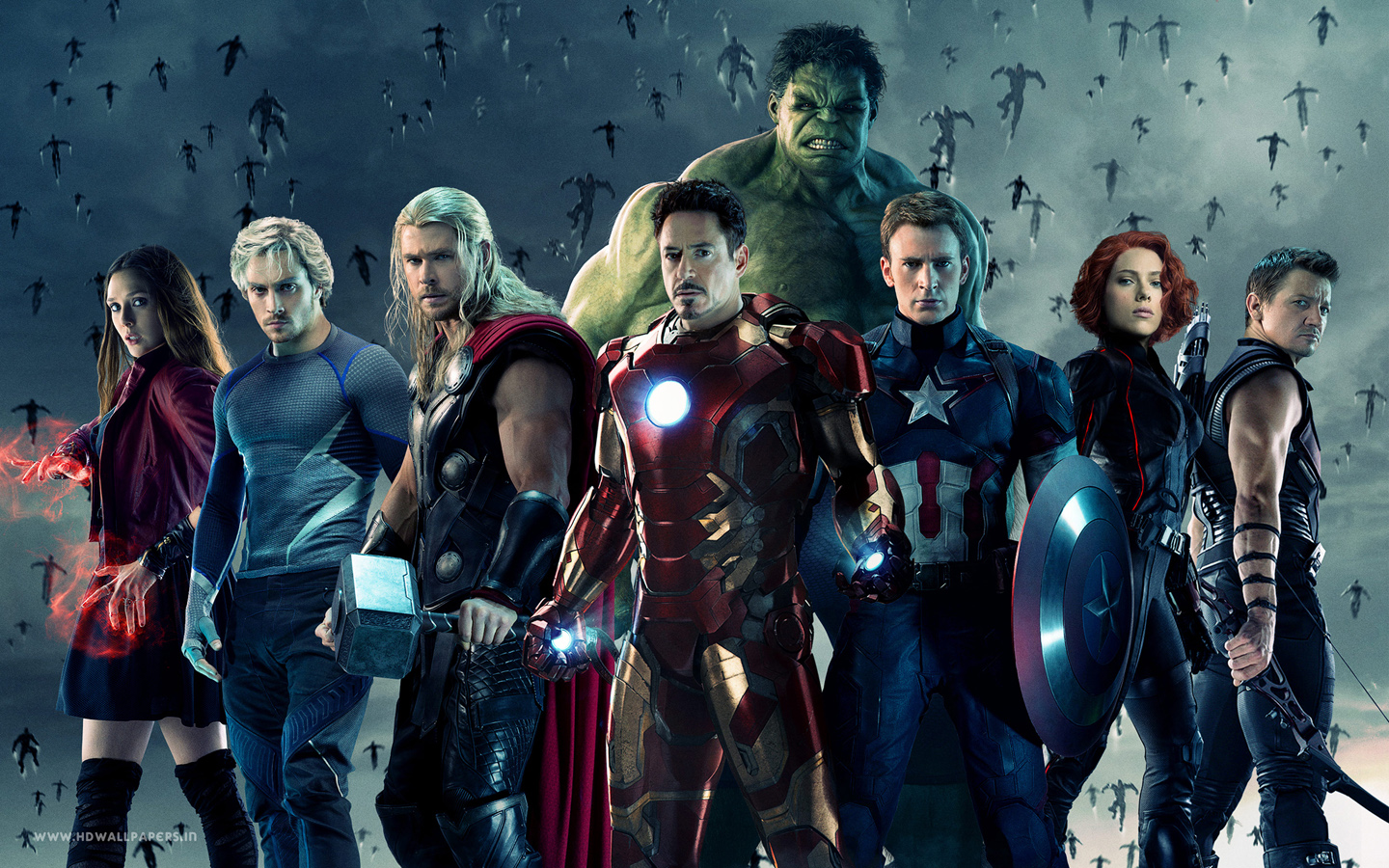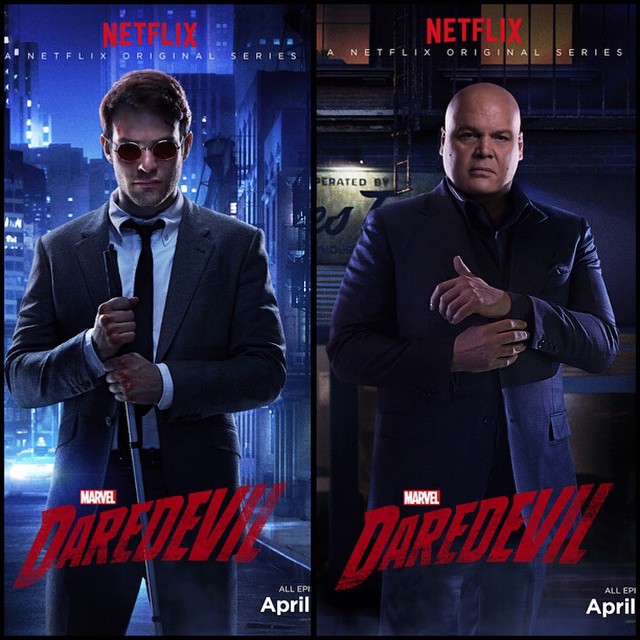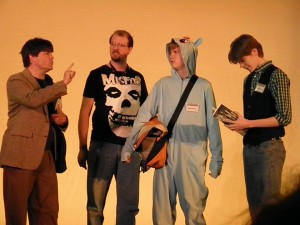
Steven H. Wilson as Higgins, Chris Carothers as “Fan,” Christian Wilson as Elijah and Ethan Wilson as Pickering in “My Fan… Lady?” Photo by Neil Ottenstein
And when I say resignation, I mean it both in the sense of “The acceptance of something inevitable” as well as in the sense of “I quit.” But more on that second piece later, and don’t get too excited in either direction.
I’ve been writing and producing plays for the convention stage since 1987. I started out performing with a group called “The Not Ready for Paramount Players.” It was absorbed into “Cheap Treks.” Later, we called ourselves “The Usual Suspects.” The total output of this group, writing, directing, performing, producing, costuming, video-editing, scene-building–you name it, we did it!–is about 60 plays. One of these days I’ll share a list with you. I’ve written or co-written a good third of those.

